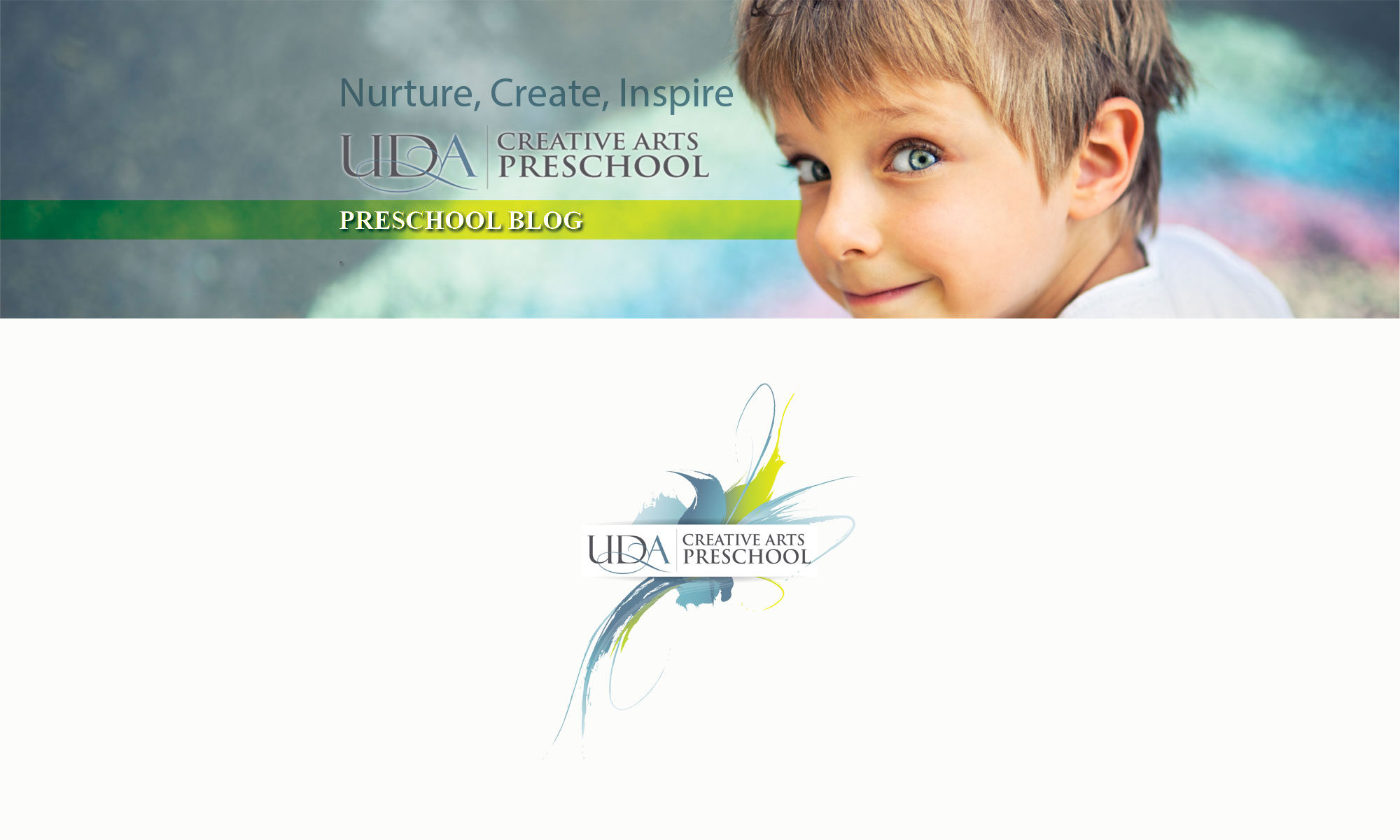For kids, singing is more than just a fun way to pass the time. It packs in loads of benefits, including helping your child with language development. Dust off your voice box; these benefits are too good to leave on the table.
Auditory Discrimination
When your child was a baby, she was already soaking up the language around her. That doesn’t mean she knew the meaning of everything that was being said; babies first listen to the different sounds of language. Meaning comes later.
Hearing songs helps babies and children notice and recognize the differences between sounds. In this way, they’re building up their auditory discrimination — picking up on words that sound similar but still being able to tell the difference between, and also noticing, words and sounds that are different.
Phonological Awareness
Phonological awareness refers to your child’s ability to notice, remember, and manipulate sounds. It’s a reliable predictor of later reading ability, and wouldn’t you know it? Singing helps build phonological awareness.
So many songs include rhymes, which helps your child pay attention to sounds, building up to that important phonological awareness. Rhyming is something children can understand from a young age, and the more your child is exposed to the rhyming of songs, the more their awareness will increase.
Vocabulary Development
What is your child’s favorite song? Have you ever stopped to think about the many words it includes?
Even the simplest songs include new vocabulary: In “Twinkle Twinkle Little Star,” your child is exposed to words like “wonder,” “above,” “world,” “diamond” and more. These words may not enter their vocabulary on a daily basis, but the repetition of the songs brings them to your child’s attention.
Hearing and repeating songs builds your child’s ear, helping them understand phrases, sentences, and syntax — and adding in new vocabulary words without even trying.
Auditory Memory
Auditory memory refers to the ability to hear information, process it, retain it, and later recall it. This is a big academic skill, and yet again, singing will help build it up in your preschooler.
Help build auditory memory by singing songs in different ways — faster, slower, louder, quieter, silly voices, etc.
Imagination
Songs tell stories and paint pictures in our minds. Exposing your child to a variety of songs, and encouraging him to sing along, will build his imagination.
{The Importance of Storytelling for Preschoolers}
Imagination is critical, because it allows your child to make sense of the world, try on different scenarios, and enjoy life. Singing helps your child express her imagination, and it even lays the foundation of poetry basics. It also provides the opportunity for your child to express themselves in multiple ways — bringing in hand gestures, dance movements, and facial expressions as they sing.
Teach Concepts
Ever wonder why we don’t just recite the alphabet in a monotone voice? It’s learned so much easier when set to music. Songs teach character traits, the seasons, morals, counting, and so much more.
If you’re having a hard time getting your child to make their bed or brush their teeth, just set your directions to the tune of a nursery rhyme and watch your children remember the concept!
Coordination
It’s easy to put hand gestures to simple children’s songs — think “Five Little Speckled Frogs” and “The Itsy Bitsy Spider.” Your child won’t know it, but singing and moving along to these songs is teaching coordination, fine motor skills, and memory!
Can’t remember the songs of your childhood? Glance at the list below for a refresher. Chances are, the words will come back to you. And if you’re at a loss, YouTube is your friend!
Engage your child by singing these songs during bath time, on a walk, while prepping dinner, at bedtime, or to calm a meltdown.
- Itsy Bitsy Spider
- Twinkle, Twinkle Little Star
- Wheels on the Bus
- Row Row Row Your Boat
- Head, Shoulders, Knees and Toes
- If You’re Happy and You Know It
- Do Your Ears Hang Low
- The Grand Old Duke of York
- Where is Thumbkin
- London Bridge Is Falling Down
- Down By the Bay
- Going on a Bear Hunt
- Baby Bumble Bee
- Farmer in the Dell
- Old MacDonald
- Five Little Ducks
- Five Green Speckled Frogs
- Five Little Monkeys
- Ants Go Marching
- Row, Row, Row Your Boat
- Baa Baa Black Sheep
- If You’re Happy and You Know It
See how we incorporate music into our curriculum every single day at UDA Creative Arts Preschool in Draper, Utah. Give us a call at (801) 523-5930, or contact us online for a tour.

